The issue of mental health has spread throughout the world. More people are using digital solutions as a result of increased stress, worry, and loneliness. These days, many people utilize mental health applications for self-help, treatment, and emotional support. However, a lot of people are still concerned about data security and privacy.
Blockchain apps for mental health can help with that. These applications employ blockchain technology to safeguard user information, provide token-based incentives, and promote a safer and more open experience for mental health. Let’s examine the functions and advantages of these programs.
What Are Blockchain Mental Health Apps?
Blockchain mental health apps combine mental well-being features with the features of blockchain. The applications offer people services like mood tracking, therapy chat, and meditation. Nevertheless, unlike the usual apps, the platforms are based on decentralized networks.
This means no single company controls the app. Instead, user data is stored on a blockchain—a shared and encrypted digital ledger. This improves privacy, reduces the risk of hacks, and gives users more control over their data.
Key Features of Decentralized Therapy Apps
- Privacy by Design
Traditional mental health apps often store sensitive data on company servers. This makes them a target for data leaks. Decentralized therapy apps use blockchain to store data in a secure and encrypted format. Only users can access or share their information. - Wellness Tokens
Many mental health blockchain apps use wellness tokens as a reward system. Users earn tokens for activities like journaling, completing tasks, or attending therapy. These tokens can be exchanged for extra services, discounts, or even traded in some cases. - Community Support and Transparency
Blockchain enables open governance. Users can vote on app features or updates. They can also participate in support groups or contribute content, knowing the system is fair and open.
Benefits of Mental Health Blockchain Platforms
Here are some major benefits of using blockchain-based wellness apps:
Benefit | Description |
Strong Privacy | User data is encrypted and stored securely using blockchain technology. |
Fair Rewards | Users earn wellness tokens for positive actions and mental health progress. |
Decentralized Access | No single authority controls the platform. |
Peer Support | Users connect in tokenized communities for emotional support and advice. |
Transparent Policies | Smart contracts define and enforce app rules clearly. |
How Wellness Tokens Work
Wellness tokens act like points or digital rewards. They can be earned by:
- Completing daily mood check-ins
- Finishing guided meditations
- Engaging in therapy sessions
- Writing in a digital journal
- Supporting others in community forums
These tokens can be used to:
- Unlock premium features
- Access group therapy rooms
- Get discounts on mental health services
- Donate to mental health causes
- Trade for other digital assets (on supported platforms)
This system makes mental wellness more engaging. It also provides real-world value to healthy habits.
Examples of Decentralized Therapy Apps
Some early examples of apps using mental health blockchain ideas include:
- MindChain – Offers secure therapy sessions with AI and live therapists. Rewards users with wellness tokens.
- Therap-E – Uses blockchain for private journaling and anonymous peer chats.
- CalmDAO – A decentralized wellness community where users vote on content and features.
These platforms are still growing but show how blockchain can change mental health care.
Challenges to Consider
While these apps offer many benefits, some challenges remain:
- Limited Awareness – Many users don’t know how blockchain works.
- Token Volatility – Some wellness tokens can lose value quickly.
- Tech Barriers – Not all users are comfortable with crypto wallets or blockchain tools.
- Regulatory Uncertainty – Mental health is a sensitive space. Laws and rules may change.
Despite these hurdles, the potential is strong. Developers are working to make interfaces more user-friendly and explain blockchain features in simple terms.
The Future of Mental Health and Blockchain
The mental health crisis calls for secure, affordable, and accessible solutions. Mental health blockchain apps are an exciting step in that direction. They offer better privacy, incentive mechanisms, and community-driven governance. In the future, they might be a standard way in which people look after their mental health.
As more people learn about decentralized therapy apps and wellness tokens, we can look forward to more open, secure, and rewarding mental wellness experiences. Blockchain won’t solve every mental health issue. But it can make mental wellness safer, more equitable, and more fun for everyone.
Blockchain is not just about finance. It’s also revolutionizing how we tackle mental health. With decentralized therapy applications, users gain privacy, empowerment, and rewards within a single system. As these tools improve, they can become an essential component of the global effort to make mental healthcare more human-centered and secure.
Remember, investing in cryptocurrencies involves risks, and it’s important to conduct thorough research and seek professional advice before making any financial decisions. (Please keep in mind that this post is solely for informative purposes and should not be construed as financial or investment advice.)



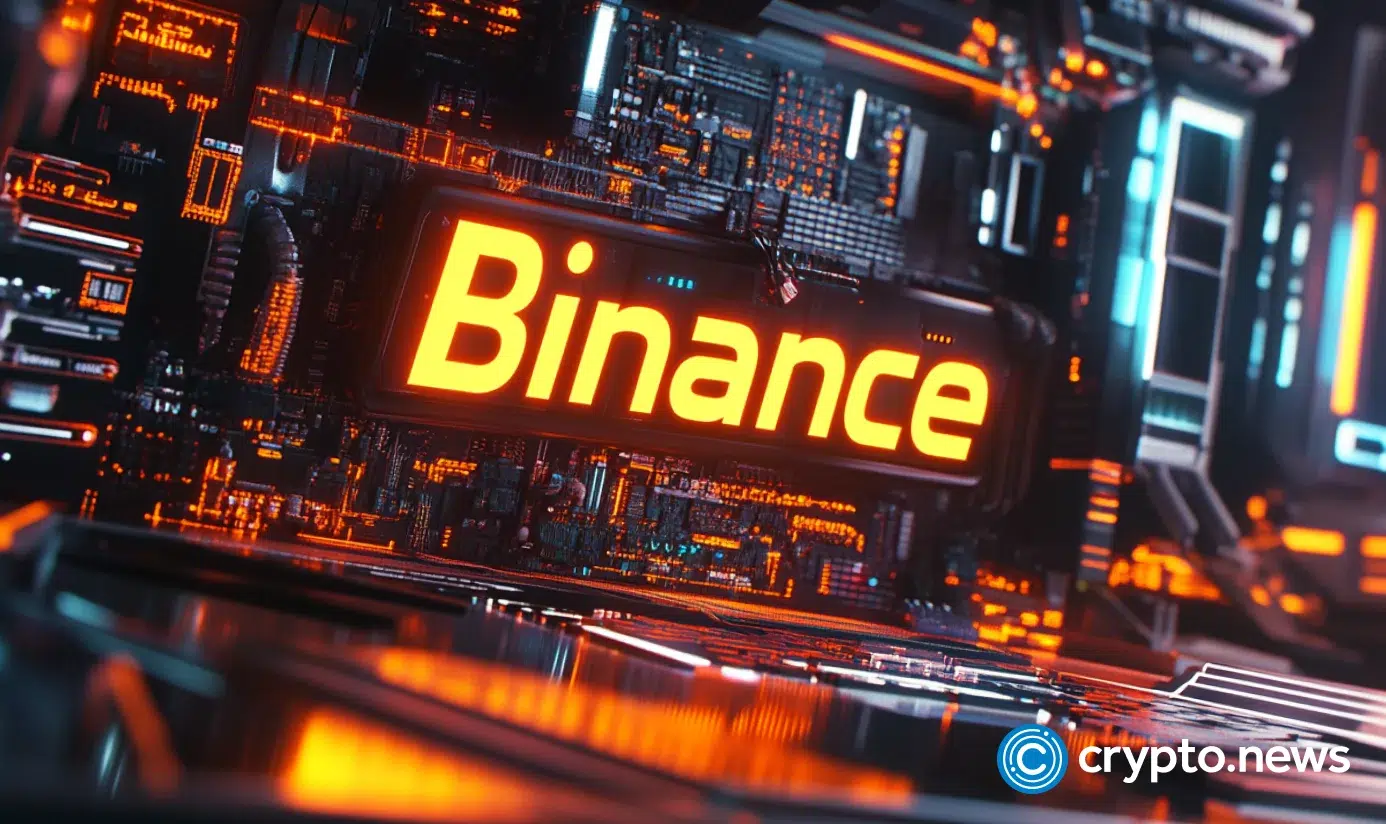
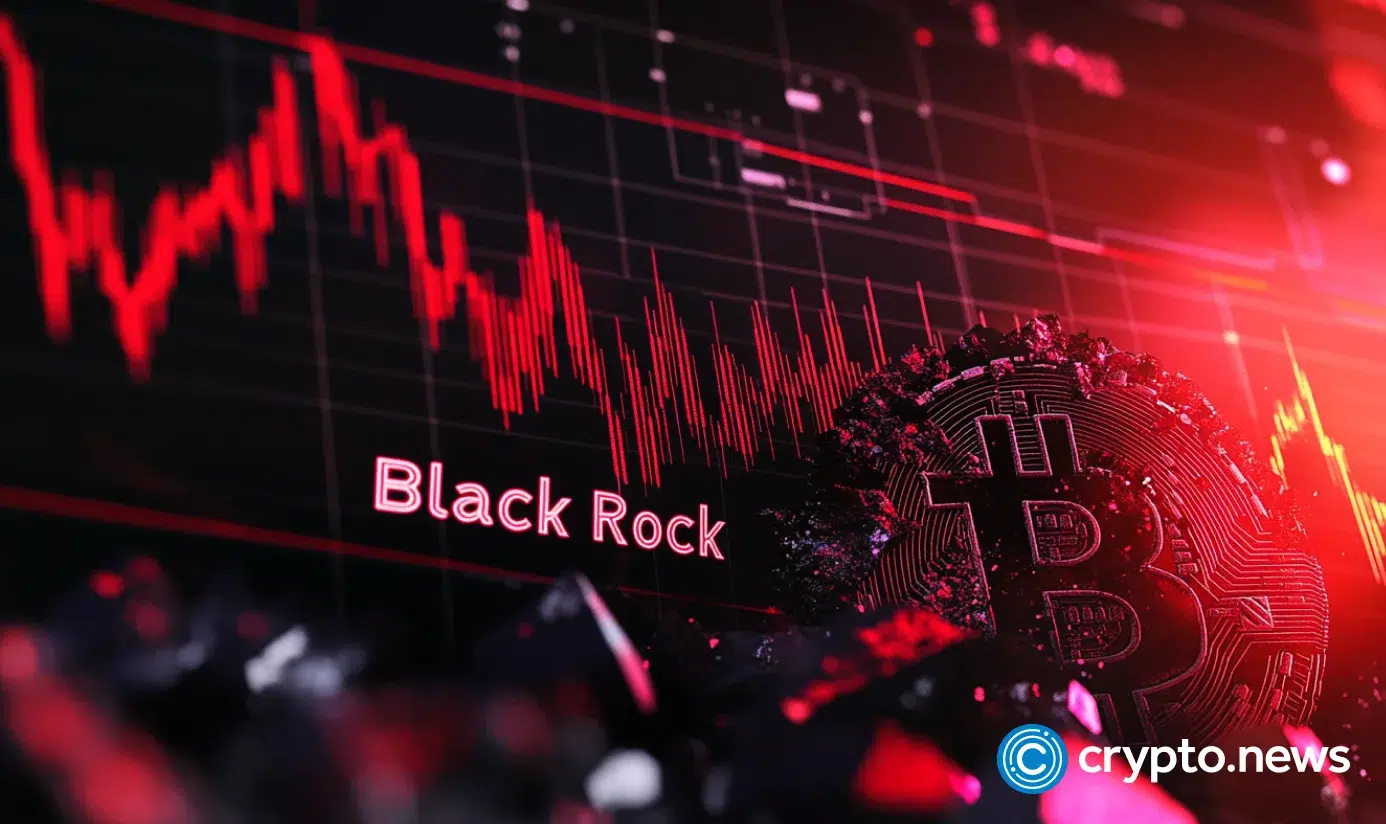
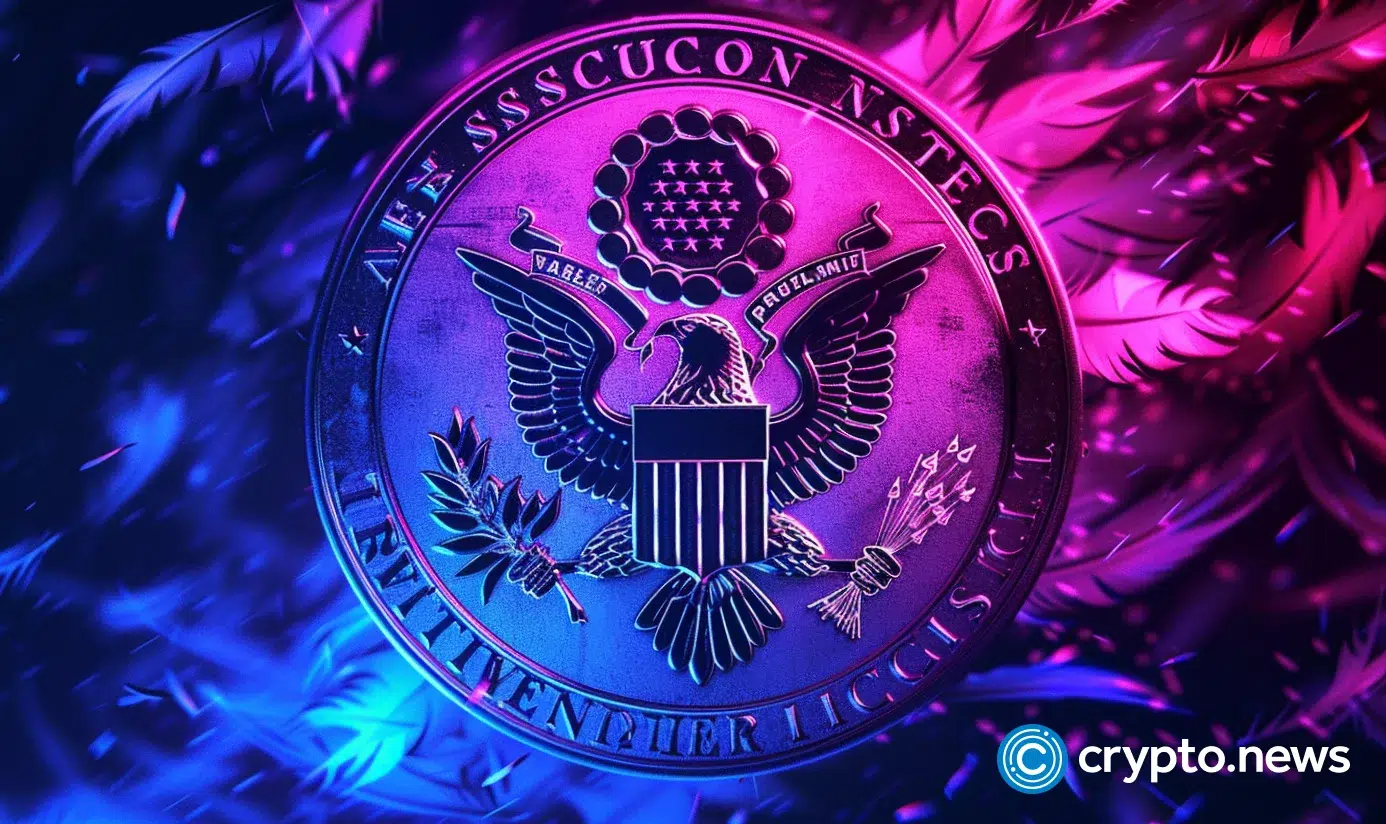
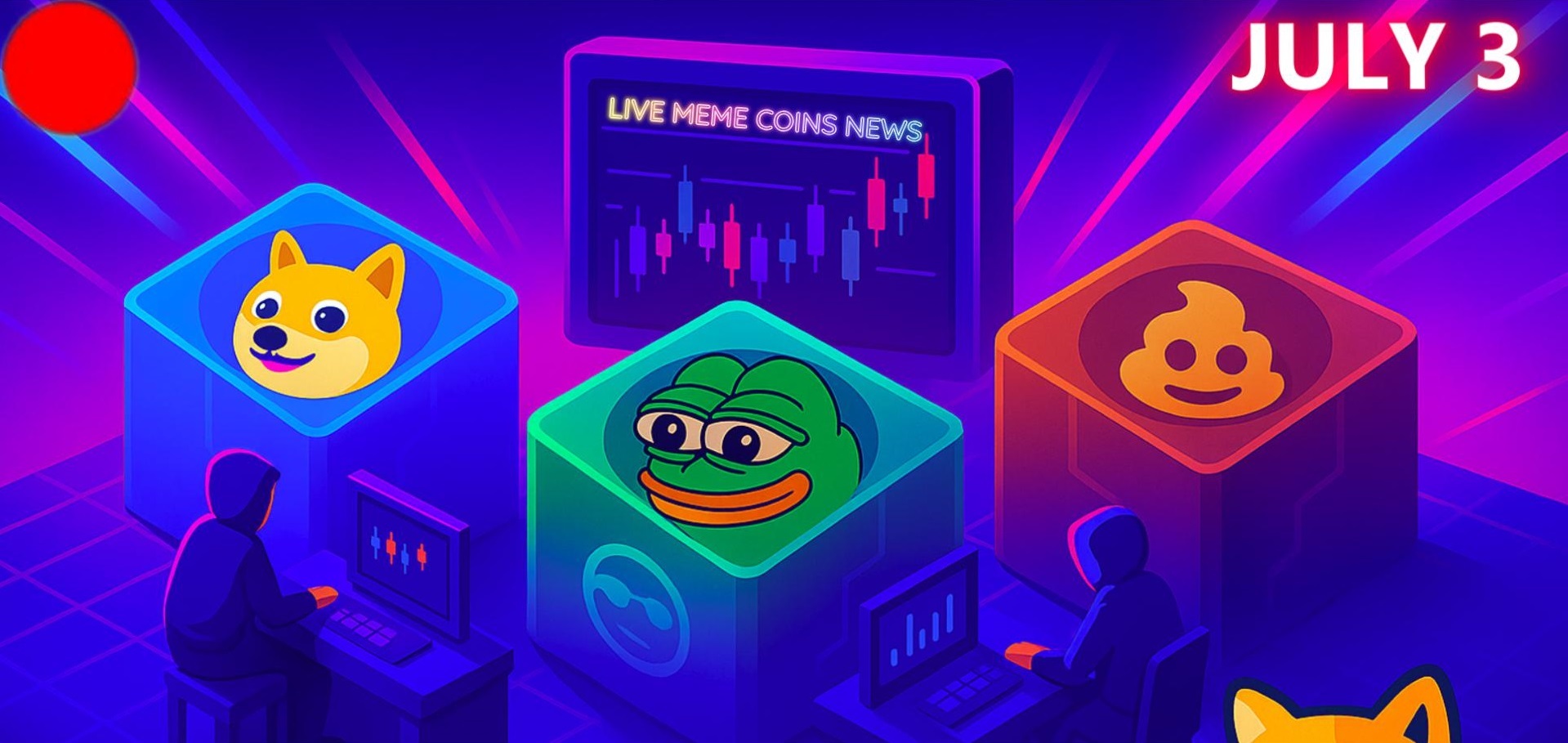
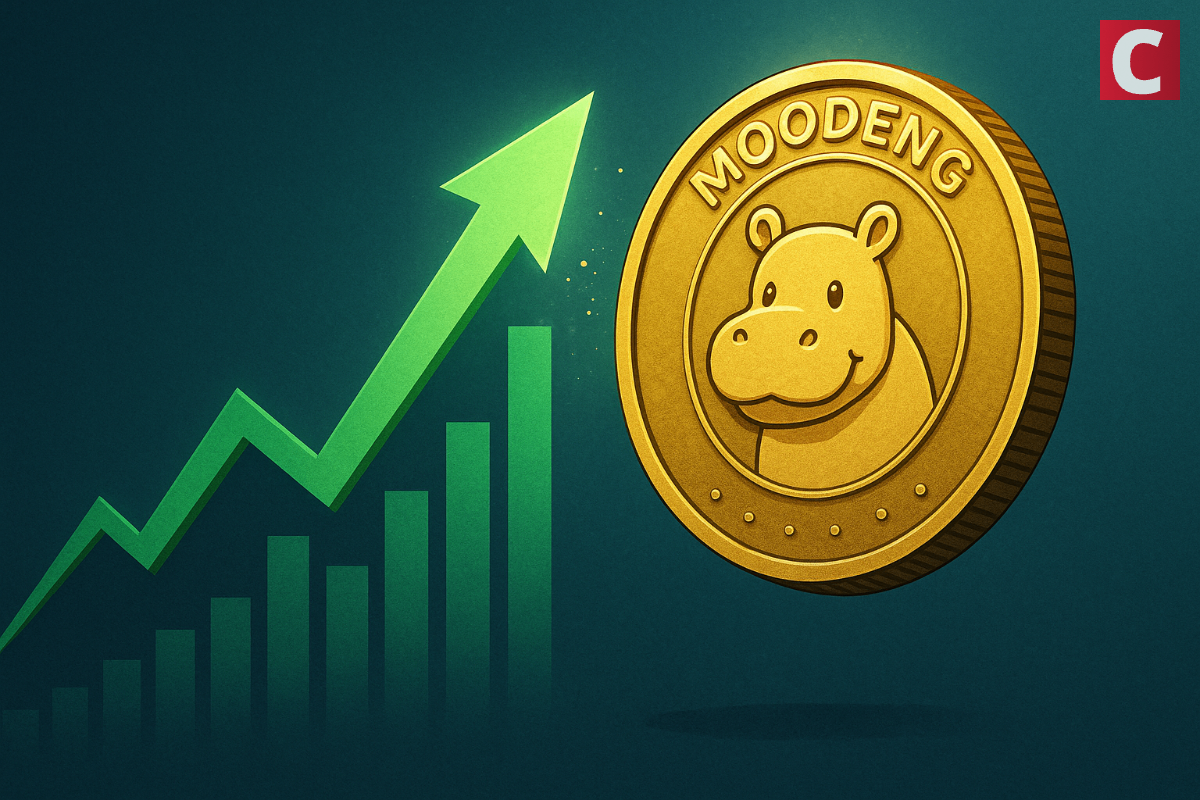



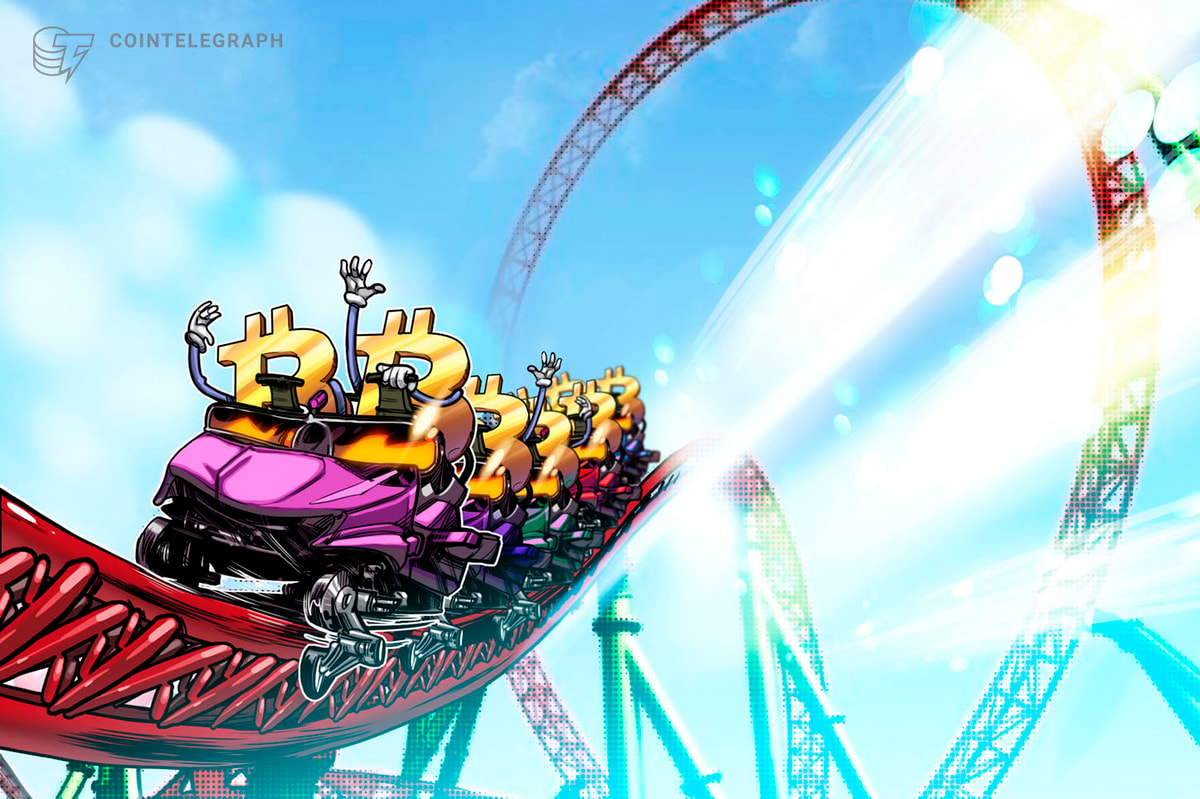
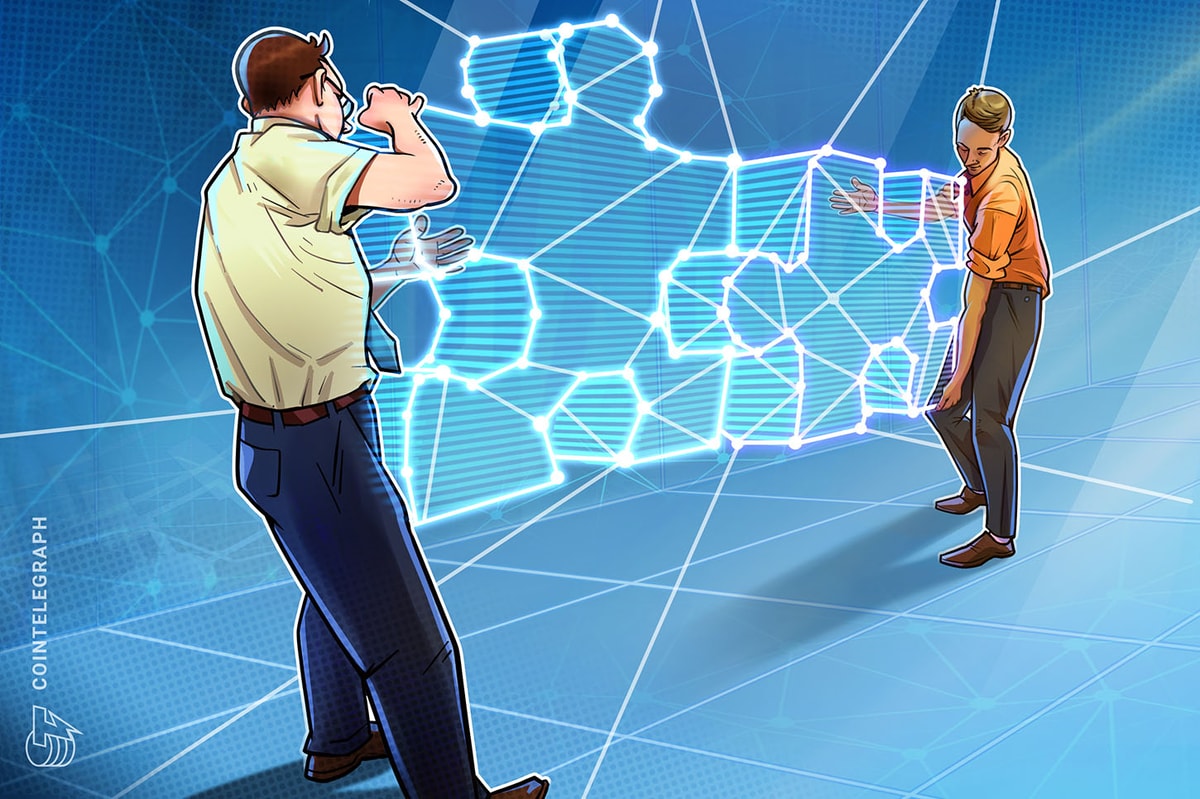

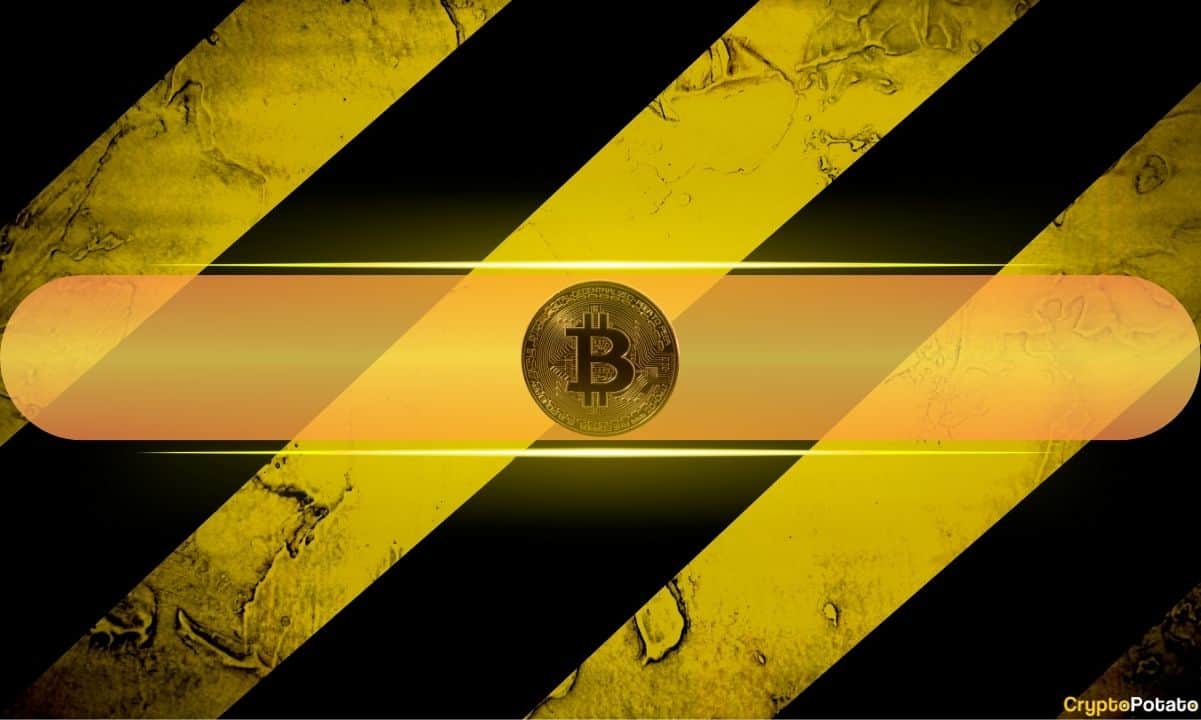

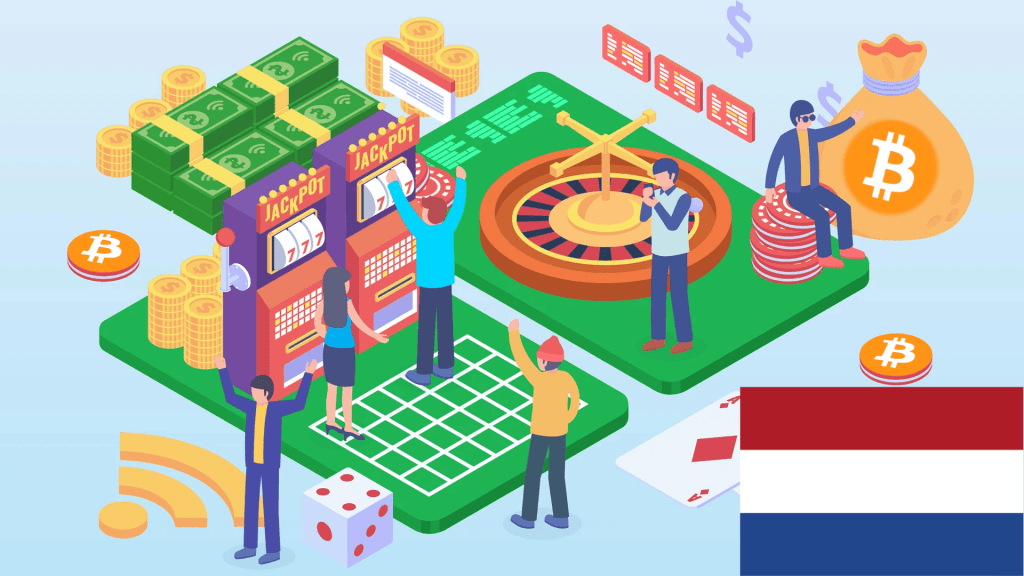
 English (US) ·
English (US) ·